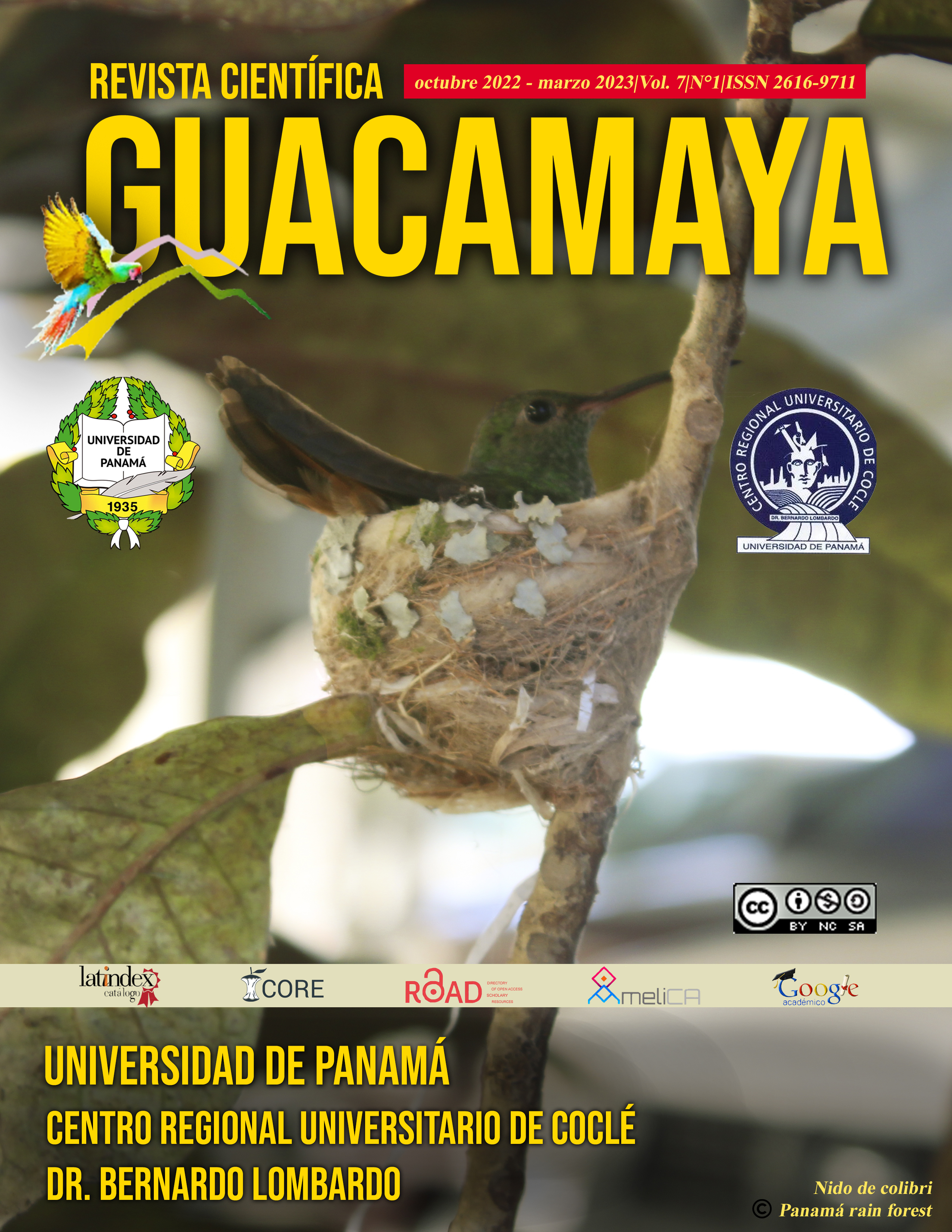


Esta obra está bajo una licencia internacional Creative Commons Atribución-NoComercial-CompartirIgual 4.0.
En los últimos cincuenta años, la crisis ambiental, ya sea de origen natural o antrópica, se ha convertido en uno de los principales problemas de salud pública del mundo. Perú no es la excepción, menos ahora, cuyo océano acaba de sufrir el derrame de petróleo más grave de su historia, ocasionando un ecocidio de magnitudes incalculables que ha generado indignación general y sufrimiento en las familias directamente afectadas por el desastre.
Esta crisis climática planetaria, que se manifiesta de distintas formas, desde olas de calor o de frío, hasta incendios forestales, inundaciones y tormentas, provoca emociones perturbadoras en la sociedad, como la ansiedad climática.
Se sabe relativamente poco sobre cómo influye el cambio climático en la salud mental y el bienestar de la población. Sin embargo, la sociedad científica ya incluye el término “eco-ansiedad” para diagnosticar a la persona que sufre perturbaciones como el “miedo crónico al desastre ambiental”, cuya manifestación más común se expresa en episodios de dolor, desesperación e incluso ataques de pánico. En casos más extremos, la persona afectada toma decisiones drásticas como no procrear hijos por temor a su futura calidad de vida.
El método aplicado para este ensayo fue el análisis de los contenidos relacionados con la ecoansiedad publicados en los últimos cinco años. En la revisión de esta literatura se encontró que el aumento de las temperaturas y los fenómenos meteorológicos extremos, en particular los huracanes, las inundaciones y los incendios forestales, están relacionados con la interrupción del sueño y la disminución de la duración del mismo. Un aumento de 1 °C en las temperaturas nocturnas mensuales se asocia con un aumento de tres noches de sueño insuficiente por cada 100 personas en los Estados Unidos; la exposición traumática a inundaciones se asocia con problemas para dormir, el miedo y la depresión.
De acuerdo a investigaciones recientes, específicamente en eco-ansiedad o en ansiedad climática, por ejemplo, en Finlandia y Estados Unidos, revelan que un gran número de personas reconocen sufrir alguna ansiedad de ese tipo. Del mismo modo, las mujeres y las personas menores de 35 años, expresan una mayor angustia por el cambio climático. En comparación con los hombres, las mujeres soportan un estrés y ansiedad más significativos, con tasas más altas de trastorno de estrés postraumático (TEPT) después de un desastre, en comparación con los hombres.
Así, la eco-ansiedad comprende el vínculo entre el cambio climático y la ansiedad asociada con las percepciones sobre los impactos negativos que suceden con él.
La mayor parte de la evidencia tomada para este ensayo, provino de países occidentales, por lo que se requiere una mayor claridad y desarrollo teórico del concepto en América Latina y, particularmente en el Perú, para avanzar en la comprensión conceptual de la eco-ansiedad. Una de estas fuentes fue el estudio centrado en los impactos en la salud mental causados por la crisis ecológica, entre otras. Finalmente, al hacer la revisión bibliográfica al término “desastre” y “catástrofe”, lo encontramos como sinónimo de “cataclismo” y “calamidad”, pero estos últimos son menos utilizados.